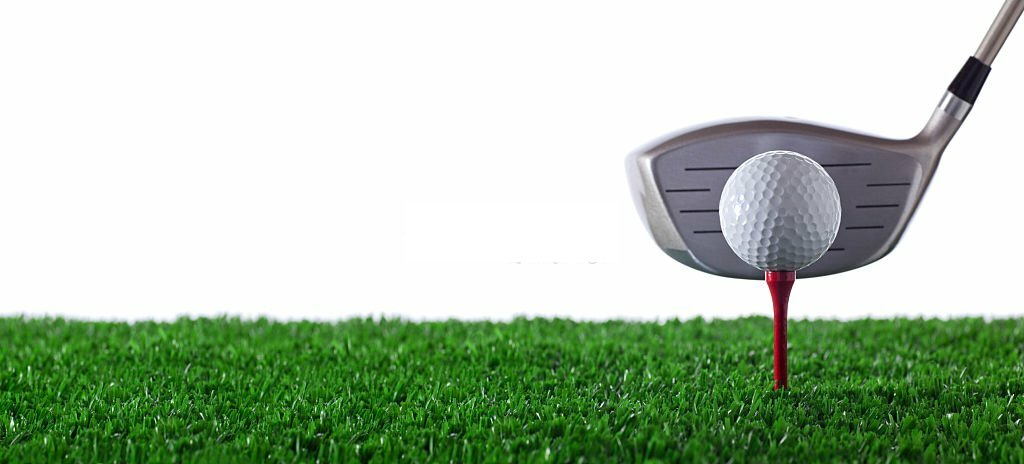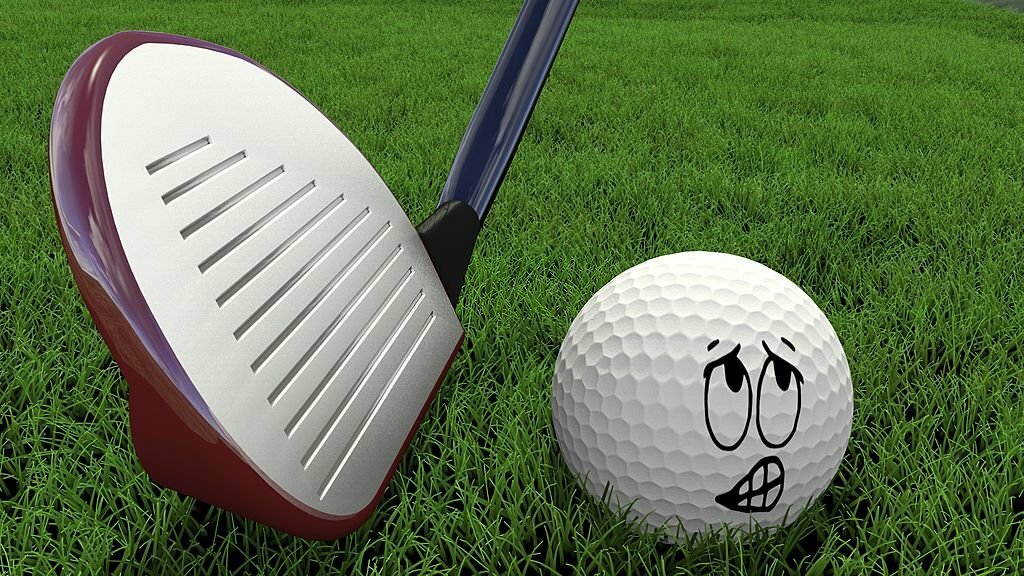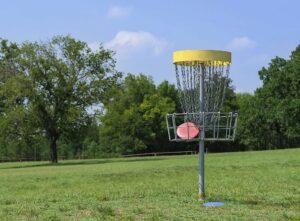Chess has long been a subject of debate among enthusiasts and critics alike. Some argue that it is purely a game, while others contend that it should be considered a sport. But what defines chess? And how does it meet the criteria for being classified as either one? In this blog post, we will delve into the intricacies of chess to shed light on this age-old question. Whether you’re an avid player or simply curious about the classification of chess, read on to uncover the truth behind this fascinating debate.
Defining Chess
Chess is a strategic board game that requires mental acuity and the ability to anticipate moves ahead. It is played on a square board, with each player aiming to outmaneuver their opponent’s pieces and capture the king. While chess can be enjoyed casually as a game, it also possesses qualities that align with the characteristics of a sport.
Chess as a Game
- History and Origins: Chess has a rich history that dates back over 1,500 years. It originated in ancient India and spread to various parts of the world, evolving into the game we know today.
- Rules and Objectives: The objective of chess is to checkmate your opponent’s king by putting it in a position where it cannot escape capture. Each player strategically moves their pieces across the board according to specific rules.
- Strategic Thinking: Chess requires acute mental acuity, with players constantly anticipating their opponent’s moves while planning several steps ahead. Success in chess relies on strategic thinking, positional understanding, and tactical awareness.
Chess as a Sport
Chess demands physical attributes such as good posture and stamina, along with mental acuity and the ability to anticipate moves ahead. Its competitive nature drives players to strategize relentlessly, testing their concentration, memory recall, and problem-solving abilities under pressure.
Physical Requirements: While chess may not require intense physical exertion, it still demands certain physical attributes. Players need good posture and stamina to endure long matches, staying mentally alert throughout.
Competitive Nature: Chess is highly competitive, with players strategizing to outsmart their opponents. It requires tactical acuity and the ability to anticipate moves ahead on the board. The relentless pursuit of victory drives the sport’s competitive nature.
Mental Fitness: Chess challenges mental fitness by testing concentration, memory recall, and problem-solving abilities. Players must analyze complex positions and make critical decisions under pressure, showcasing their mental agility in every move.

Criteria for Sports
Physicality and fitness play a crucial role in determining whether an activity qualifies as a sport. While chess requires mental stamina, strategic thinking, and concentration, it lacks the physical exertion typically associated with sports. Therefore, it is often classified as a game rather than a sport.
Competitiveness is another factor to consider when classifying an activity as a sport. Chess involves intense competition at various levels of proficiency, but unlike traditional sports that require direct interaction between opponents on the field or court, chess matches are conducted in a more cerebral manner. This distinction further supports the notion that chess falls under the category of games rather than sports.
Organized competitions serve as defining features of many recognized sports. Sports such as football or basketball have well-established leagues and tournaments with standardized rules and regulations for fair play. Although chess has its own organized competitive circuit with international rankings and championships like any other sport does; however, due to its lack of physicality compared to traditional athletic endeavors, it remains widely regarded as a game rather than a true sport.
While debates may continue over whether chess should be considered primarily a game or potentially elevated to the status of being both mentally challenging and physically demanding enough to qualify as a true sport; current classification leans towards considering it more closely aligned with games due to its focus on mental prowess instead of physical athleticism.
Physicality and Fitness
The brain plays a crucial role in chess, requiring mental agility to analyze moves and strategize effectively. Additionally, maintaining proper posture and stamina is vital for sustaining focus during long matches. Chess players also benefit from physical preparation through training methods that enhance their concentration and endurance on the board.
Competitive Nature
Strategic thinking is key in chess, as players constantly strive to outsmart their opponents on the board. By carefully planning their moves and anticipating their opponent’s actions, players can gain a tactical advantage and secure victory in the game.
In chess tournaments, psychological warfare comes into play as players use mind games to throw off their opponents. By creating distractions, displaying confidence or hesitation at strategic moments, and manipulating emotions through subtle gestures or expressions, players aim to disrupt their opponent’s focus and gain an upper hand.
Evaluating risks and rewards is crucial in chess to make calculated moves that will give a player an advantage. Players must consider various factors such as potential threats from the opponent, possible counter-moves, and long-term consequences of each decision. This analytical approach allows them to navigate complex positions with precision and increase their chances of success.
Organized Competitions
Chess Olympiad: A Global Gathering of Elite Players
- Every two years, the Chess Olympiad brings together top chess players from around the world.
- National teams compete against each other in a thrilling display of strategic prowess and competitive spirit.
Game or Sport? The Classification Debate in Official Organizations
- The classification of chess as a game or sport has been an ongoing debate among official organizations.
- While some argue that chess is purely a mental activity, others emphasize its competitive nature and physical demands.
Grandmaster Title: Recognizing Excellence in Competitive Chess
- Grandmaster title is the highest accolade awarded to exceptional chess players.
- Achieving this title requires not only skillful gameplay but also dedication, endurance, and relentless pursuit of excellence.

Arguments for Chess as a Game
Chess is often classified as a game rather than a sport due to its lack of physical exertion. Unlike traditional sports that require athletes to engage in rigorous physical activity, chess relies solely on mental prowess and strategic thinking.
Another reason why chess is considered a game is its primarily mental nature. Players must use their cognitive abilities to analyze the board, plan ahead, and make calculated moves. This emphasis on mental agility sets chess apart from physically demanding sports.
Furthermore, the informal nature of chess supports its classification as a game. Chess can be played casually and recreationally without the need for formal training or competitive leagues. It can be enjoyed by people of all ages and skill levels, making it accessible to anyone with an interest in challenging their mind.
In conclusion, while some may argue that chess meets certain criteria to be called a sport, it ultimately falls under the category of being an intellectually stimulating game due to its minimal physical requirements and focus on strategic thinking over physicality.
Lack of Physical Exertion
- No physical conditioning required
- Minimal movement involved
- Does not require athleticism
Chess is a game that lacks the physical exertion typically associated with sports. Unlike traditional sports that demand rigorous physical training and athleticism, chess primarily relies on mental activity. Players are not required to be physically fit or have any particular level of stamina. The game can be played comfortably from a seated position without much movement involved, making it accessible to individuals who may have limited mobility or prefer less physically demanding activities.
Primarily Mental Activity
- Focuses on strategic thinking and problem-solving
- Enhances cognitive abilities and memory
- Requires mental concentration
When it comes to the debate of whether chess is a sport or a game, one thing is clear – it primarily engages the mind. Chess is not about physical exertion but rather about mental acuity and strategy. Players must engage in deep thinking, analyzing various possibilities, and making calculated moves. This mentally stimulating activity enhances cognitive abilities, boosts memory retention, and sharpens strategic thinking skills. To excel at chess requires intense mental concentration as players strategize their next move while predicting their opponent’s potential actions.
Informal Nature
Can be played casually or competitively, with no standardized playing area or equipment needed. The ‘game’ connotation suggests a recreational activity enjoyed for entertainment purposes.
Arguments for Chess as a Sport
Intellectual and Mental Demands: Chess requires immense concentration, strategic thinking, and problem-solving skills. Players must analyze multiple moves ahead, evaluate various possibilities, and make informed decisions under pressure. The intellectual demands of chess rival those of traditional physical sports.
Official Tournaments and Championships: Chess has a well-established competitive scene with official tournaments and championships held worldwide. These events attract top players from around the globe who undergo rigorous training regimes to enhance their performance. The recognition of chess as a sport by governing bodies further solidifies its status in the sporting world.
Physical Benefits of Chess: While not physically demanding like running or weightlifting, playing chess can still provide some physical benefits. It improves hand-eye coordination as players move pieces across the board swiftly yet accurately. Additionally, extended periods of gameplay can enhance focus and mental stamina over time.

Intellectual and Mental Demands
Strategic thinking is a key component of chess, requiring players to anticipate their opponent’s moves and plan several steps ahead. Problem-solving skills are also essential as players must analyze complex positions and find the best course of action. Concentration and focus play a crucial role in maintaining mental stamina throughout long matches, ensuring that every move is carefully considered.
Official Tournaments and Championships
Official Tournaments and Championships play a significant role in the world of chess, showcasing the highest level of skill and strategy. The World Chess Championship is the ultimate pinnacle, where elite players compete for the title of World Champion. The FIDE Grand Prix Series provides an exciting platform for players to earn qualification spots and showcase their abilities. Additionally, the Olympiad brings together teams from around the globe, fostering international camaraderie while highlighting national excellence in chess competition
Physical Benefits of Chess
Improved Memory Function: Chess has been shown to enhance memory function due to the mental demands it places on players. The game requires participants to recall previous moves, anticipate future moves, and analyze patterns and strategies. This constant exercising of the brain helps strengthen memory retention and retrieval abilities.
Enhanced Cognitive Abilities: Engaging in chess can lead to improved cognitive abilities such as problem-solving, critical thinking, and decision-making skills. The complex nature of the game forces players to think logically and strategically while considering multiple outcomes simultaneously. These cognitive challenges help develop a sharper mind that can be applied not only in chess but also in various aspects of life.
Stress Reduction: Playing chess provides an effective means of stress reduction. Immersed in the game, individuals are able to focus their attention on strategic moves rather than daily worries or anxieties. This intense concentration promotes relaxation by diverting attention away from stressors and fostering a state of mindfulness.
Final Thought
In the debate over whether chess is a game or a sport, it is evident that the answer lies in one’s perspective. While some argue for its classification as a sport due to its mental and strategic demands, others view it primarily as a recreational activity. Nonetheless, both perspectives have their own merits and contribute to the unifying power of chess within its diverse community. By embracing different viewpoints and recognizing the value each brings, we can foster an inclusive environment that celebrates this timeless game’s rich heritage and enduring appeal.











